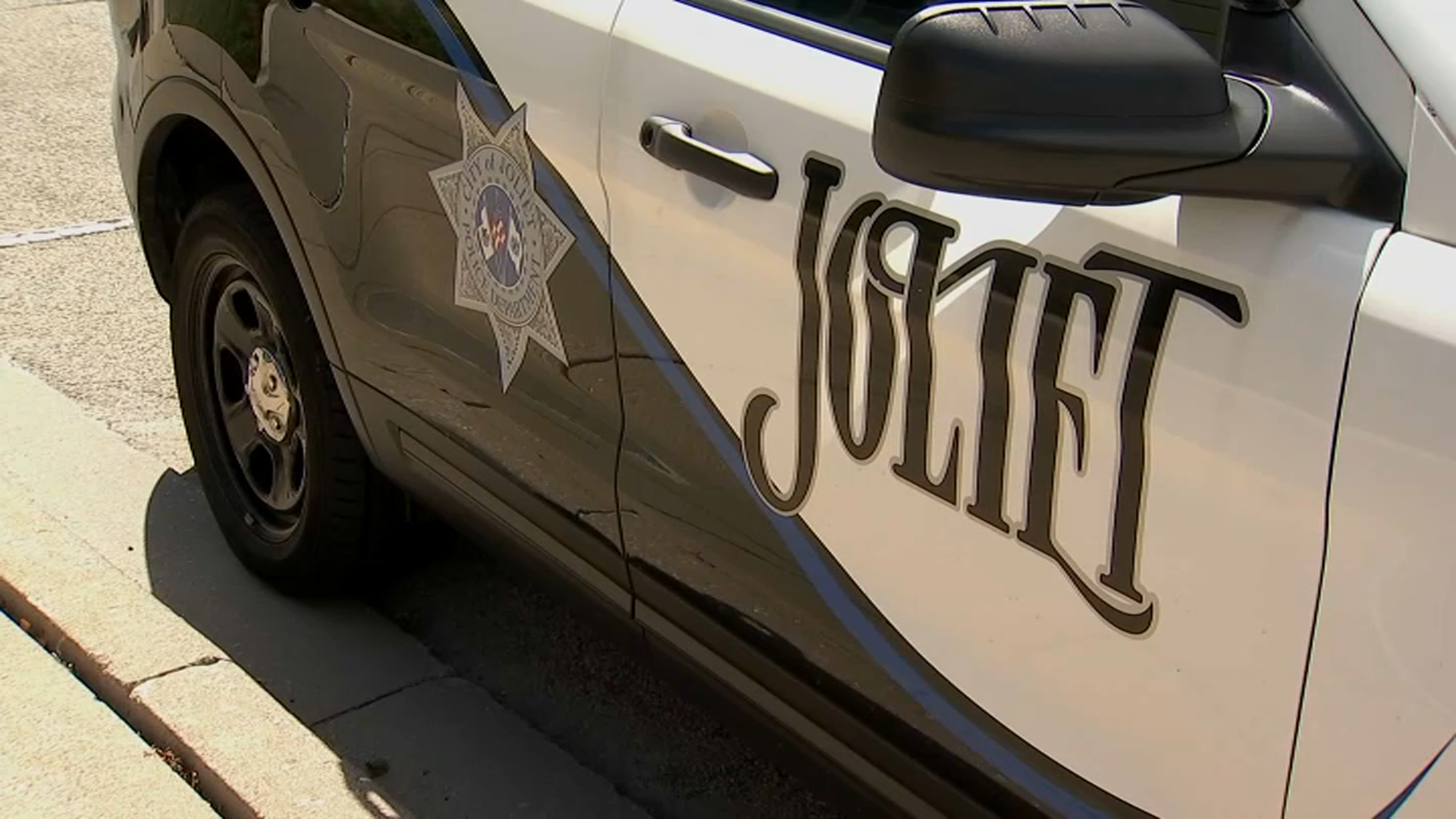Years before Chicago rolled out its popular bike-sharing program known as Divvy, government officials in Montreal and elsewhere were aware of an uncomfortable fact: a vendor the program was built on, Bixi, was plagued by a lack of administrative oversight, questionable management and a business plan that placed it on the edge of bankruptcy.
Bixi’s trouble came to a head on Monday, when the Montreal-based equipment supplier filed for bankruptcy and was taken over by the city of Montreal. The company owed various creditors more than $45 million, and was expected to suffer $1.3 million more in 2014.
For Chicago, Divvy is managed by Portland-based Alta Bicycle Share, with equipment and software supplied by Bixi, or Public Bike System Company, known in French as the Société de vélos en libre-service (SVLS).
In 2011, Montreal's city council approved a $108-million bailout package for Bixi to cover a budget shortfall. The deal included a $37-million loan to cover Bixi's deficit and another $71 million in loan guarantees to export and develop the system abroad.
In June of that year, Montreal’s auditor general published a report faulting Bixi administrators for “neglecting or avoiding several elementary management rules,” and the “illegal nature” of Bixi’s initiative to sell the system to cities including Toronto, Ottawa and London, England. In turn, Bixi threatened to pull it’s 5,000 bikes off Montreal’s streets if the city didn't come up with $37 million in Canadian dollars to help the company stave off creditors.
Monday’s decision to declare bankruptcy was driven in part by the refusal by Montreal’s government to sink any more money into the troubled company. News reports say that “persistent delays and problems” with new technology has led Chicago and New York, where Bixi is also involved in a bike-sharing program known a Citi Bike, to withhold as much as $5.6 million in payments.
Bixi and its partner, Alta, have experienced a string of problems in other cities that have chosen the suppliers to operate bike-sharing programs.
Local
In 2013, Toronto decided to spend $4 million Canadian on it’s troubled Bixi bike share program. In both Chattanooga and New York, problems with Bixi-supplied software delayed launches. Minneapolis’ bike program, Nice Ride, sued Bixi in 2013 for “material breach” of contract. As well, Bixi’s bankruptcy is said to place Vancouver’s bike share program, also run by Alta, into doubt.
For Chicago, the relationship between the city, Alta and Bixi has taken its own set of twists and turns. Before the launch of Divvy, a local vendor filed a protest with the city, charging the city’s request for proposal process was tainted and unfair.
Bike Chicago, run by a local cycling entrepreneur, charged that Chicago Commissioner of Transportation Gabe Klein collected a $10,000 consulting fee from Alta shortly before his appointment by Mayor Emanuel, the city’s request for proposal (RFP) was written by a CDOT intern who claimed to be an Alta consultant and was later hired by the company, and the winning bid cost millions more than Bike Chicago.
As well, Chicago’s bike-share program was beset by delays, with the city pushing back the original launch date for a year. Divvy’s launch was also met with some confusion and initial problems, many if not all of which were resolved within days.
Divvy’s initial funding included $25 million in federal funding and $6.25 million in local matches. The program was slated to be expanded by 75 additional stations, backed by $3 million in federal grants, which is now seen as being in doubt.
City officials, including a Chicago Department of Transportation spokesman, have said Bixi’s bankruptcy won’t affect the operation of the Divvy program in Chicago.



